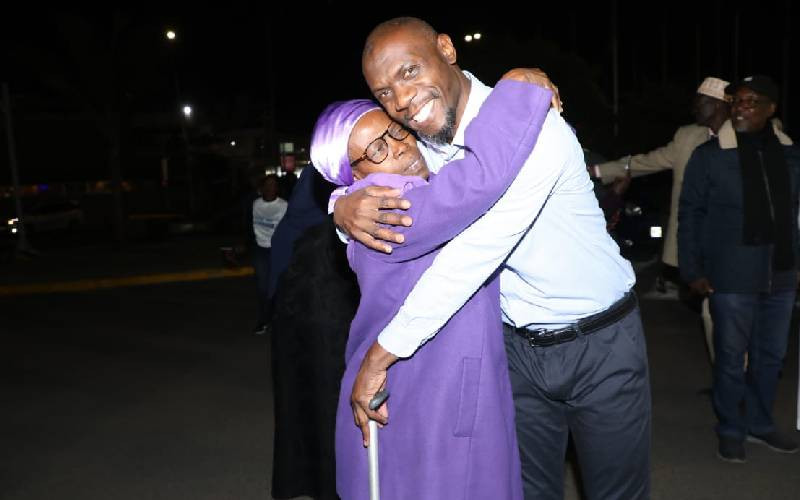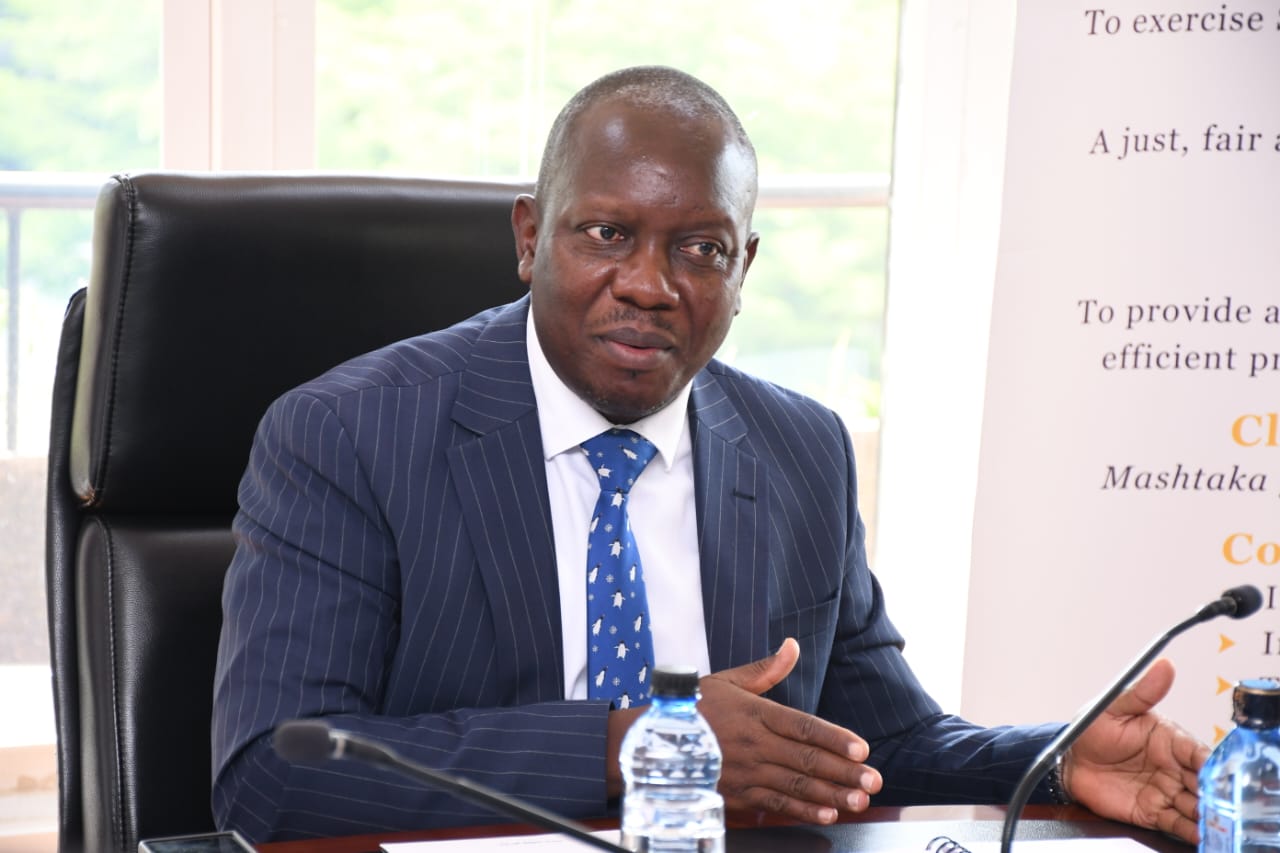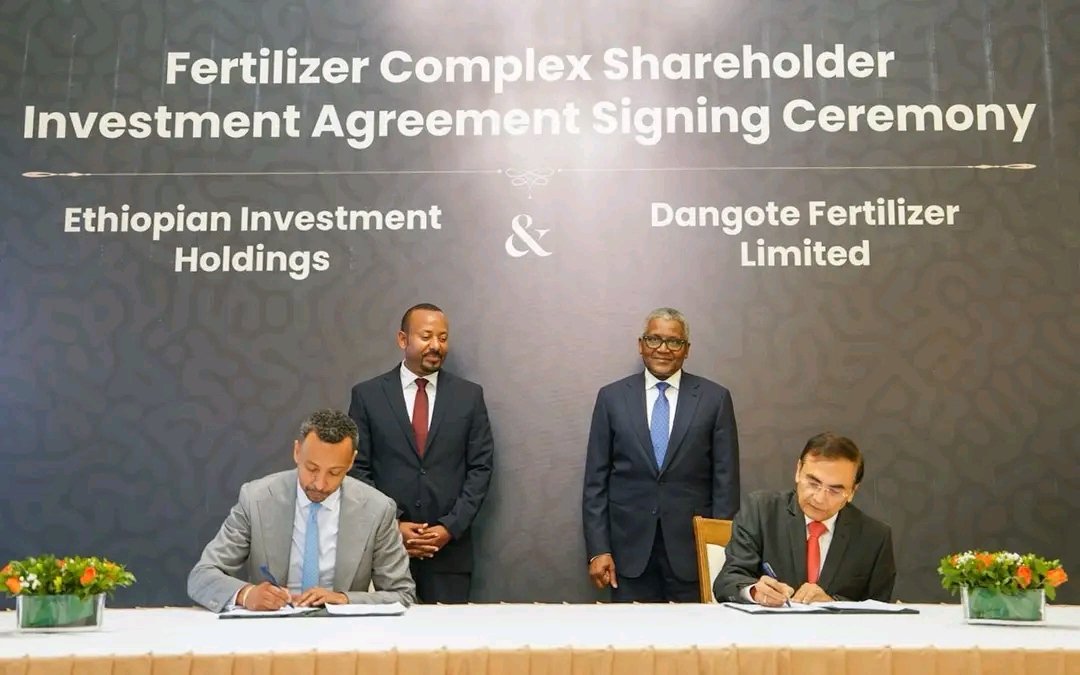OPINION
Stephen Munyakho, a Kenyan national, was released from a Saudi Arabian prison in July 2025 after spending 14 years on death row. His return to Kenya brought immense relief to his family and friends. Munyakho’s troubles began with a fatal 2011 workplace altercation involving his Yemeni colleague, Abdul Halim Mujahid Makrad Saleh.
To unlock the full article:
Choose one of the options below:
- Ksh 10 – This article only
- Ksh 300 – Monthly subscription
- Ksh 2340 – Yearly subscription (10% off)
His mother, Dorothy Kweyu, spearheaded a relentless campaign dubbed “Bring Back Stevo”, mobilising public awareness and resources, including Ksh 150 million in diya (blood money). The Muslim World League contributed Ksh 129 million in March 2025, with the balance raised by Kenyan well-wishers and through diplomatic efforts by the Kenyan government.
Following his release on 22nd July, Munyakho performed Umrah (a minor Islamic pilgrimage to Mecca that can be performed at any time of the year) and was welcomed home at Jomo Kenyatta International Airport on 28th July to an emotional reception that showcased the resilience of a determined mother and the effectiveness of quiet diplomacy.
His return was met with scenes of jubilation, tears, song, and ululation. His mother’s joy was heartfelt and wholly understandable, as it closed a long and traumatic chapter in her life. Yet for many Kenyans watching from afar, the celebrations provoked an uncomfortable question: why is a man convicted of taking a life being received as though he were a returning war hero?
To be clear, Munyakho’s case is complex. He served time under a foreign judicial system and was eventually released via a royal pardon, not acquitted. Nonetheless, the homecoming bore all the hallmarks of a national celebration, as though he had achieved something heroic.
This portrayal is unsettling for those who uphold the sanctity of life and the principles of justice, regardless of who the victim was. Abdul Halim Mujahid Makrad Saleh was someone’s son. His death, whatever the circumstances, represents a profound loss that should not be overlooked or diminished. While Munyakho’s ordeal evokes sympathy, it must not obscure the gravity of the act for which he was convicted.
The glorification of Munyakho’s return reflects a broader cultural inclination to conflate endurance with heroism. His story contrasts sharply with those of hundreds of Kenyan families whose loved ones suffer quietly in Gulf countries, including Saudi Arabia. The hardships endured by migrant workers there are real, and his mother’s advocacy is both admirable and inspiring. But compassion must not blind us to uncomfortable truths.
Stephen Munyakho is not a national hero. He is a man who took a life and served a sentence for it. The Saudi legal system, however flawed, deemed the act unlawful. Before we allow public sentiment to rewrite this fact, we must ask ourselves: what values are we celebrating?
What message are we sending to families of Kenyans who have died abroad, often in silence, with no media coverage, no fundraising campaigns, and no homecoming ceremonies? Are we implying that justice depends on how much money our families can raise? Are we prepared to trade moral clarity for feel-good narratives?
This is not to say Munyakho’s case lacks importance. On the contrary, it highlights the Kenyan government’s continued failure to safeguard its migrant workers. Citizens working in the Gulf routinely endure abuse, exploitation, and legal vulnerability, often with minimal support from Kenyan missions. Our diplomatic protection remains inadequate, fragmented, and too often reactive.
Munyakho’s case should reignite the call for structured bilateral agreements, comprehensive pre-departure training, and timely consular assistance for Kenyans in distress abroad. These are the urgent reforms that deserve national attention, not selective celebrations of individual cases.
Let us not forget that a life was lost. The victim’s family, too, is grieving. To celebrate a man convicted of causing such irreversible harm, without acknowledging the moral complexity, risks eroding our collective conscience.
Yes, let us honour the perseverance of Dorothy Kweyu. Yes, let us demand dignity and protection for all Kenyan migrant workers. But let us also remember that human dignity is not selective. A mother’s joy is sacred, but so too is a nation’s moral compass.
[/full]




